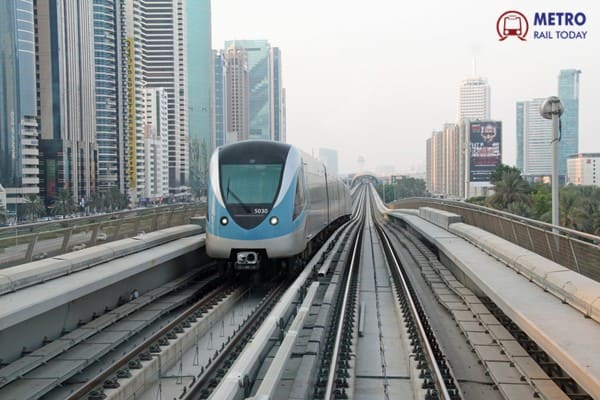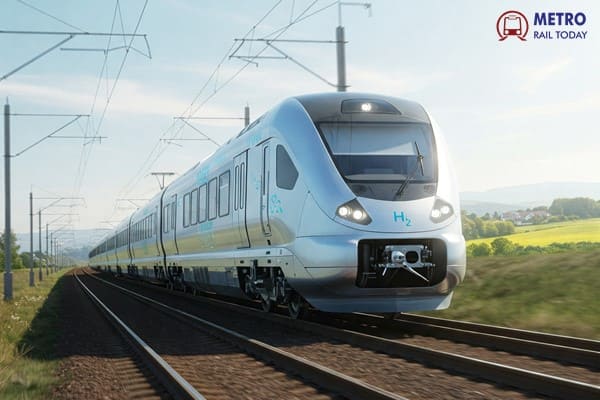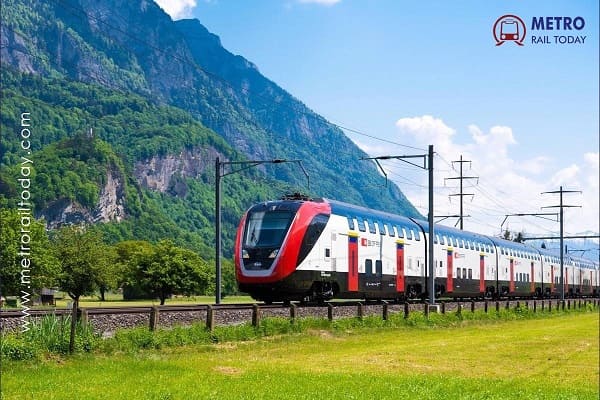Trending Now
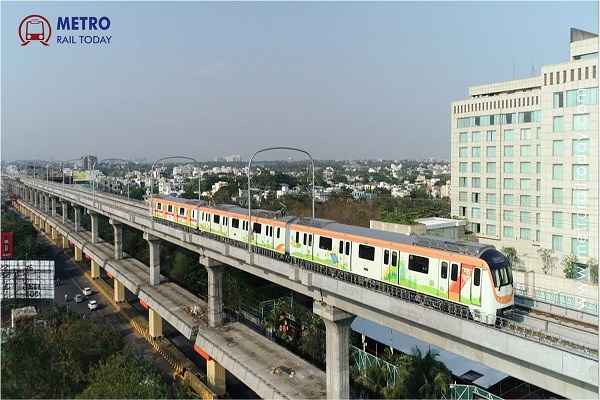 EIB approves €289.5 million loan for expansion of Nagpur and Pune Metro Rail Projects
EIB approves €289.5 million loan for expansion of Nagpur and Pune Metro Rail Projects India is building Largest Railway Station in Amaravati - Know all about
India is building Largest Railway Station in Amaravati - Know all about Kineco and BEML forge strategic partnership to strengthen indigenous composite manufacturing
Kineco and BEML forge strategic partnership to strengthen indigenous composite manufacturing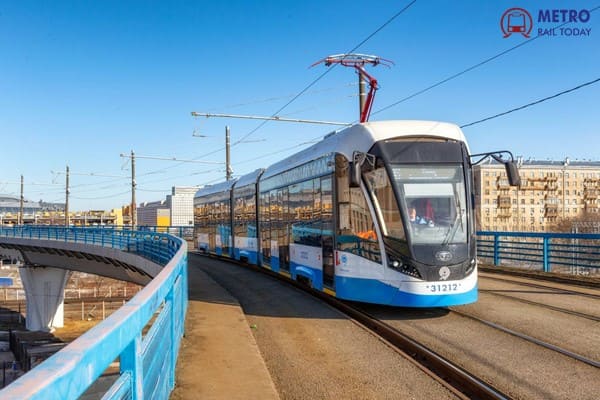 UN blacklists Spanish Trainmaker CAF over activities in Occupied Palestinian Territories
UN blacklists Spanish Trainmaker CAF over activities in Occupied Palestinian Territories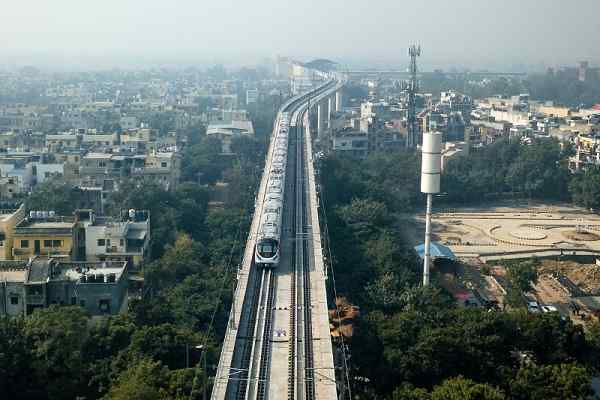 Prayagraj to get full-fledged Metro System, replacing the Metrolite Plan
Prayagraj to get full-fledged Metro System, replacing the Metrolite Plan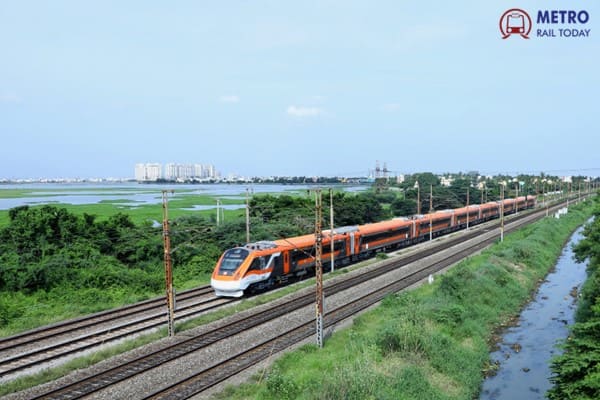 Sensonic & Skylark Drones Join Hands to Revolutionize Rail Infrastructure Monitoring
Sensonic & Skylark Drones Join Hands to Revolutionize Rail Infrastructure Monitoring Namo Bharat: Driving India’s Transit Revolution with Sustainability and Seamless Connectivity
Namo Bharat: Driving India’s Transit Revolution with Sustainability and Seamless Connectivity RVNL - The Silent Engine Driving India’s Rail Infrastructure Boom
RVNL - The Silent Engine Driving India’s Rail Infrastructure Boom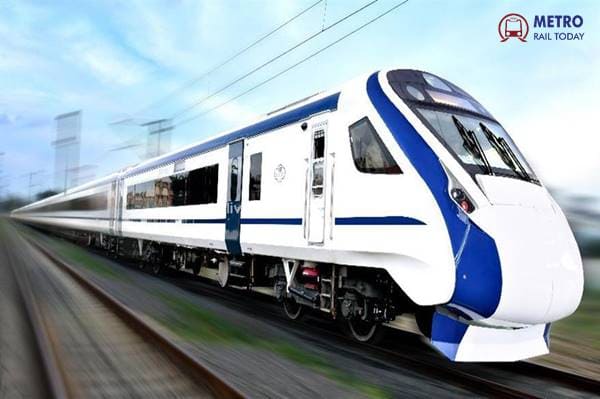 India to introduce 800 Vande Bharat Trains to redefine the future of Indian Railways by 2030
India to introduce 800 Vande Bharat Trains to redefine the future of Indian Railways by 2030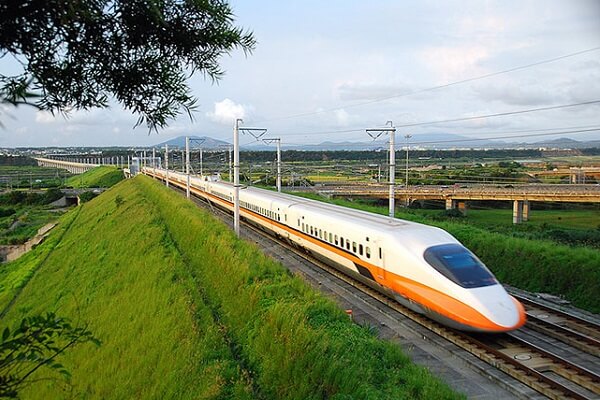 Indian Railways to develop 7,000 km of dedicated Passenger Corridors by 2047
Indian Railways to develop 7,000 km of dedicated Passenger Corridors by 2047
Railway Cybersecurity market is estimated to reach $5,221.5 million by 2030
Dr. Vinod Shah
Posted on: 2024-02-05 06:10:00
Viewer: 1,278
Comments: 0
Country: India
City: New Delhi
